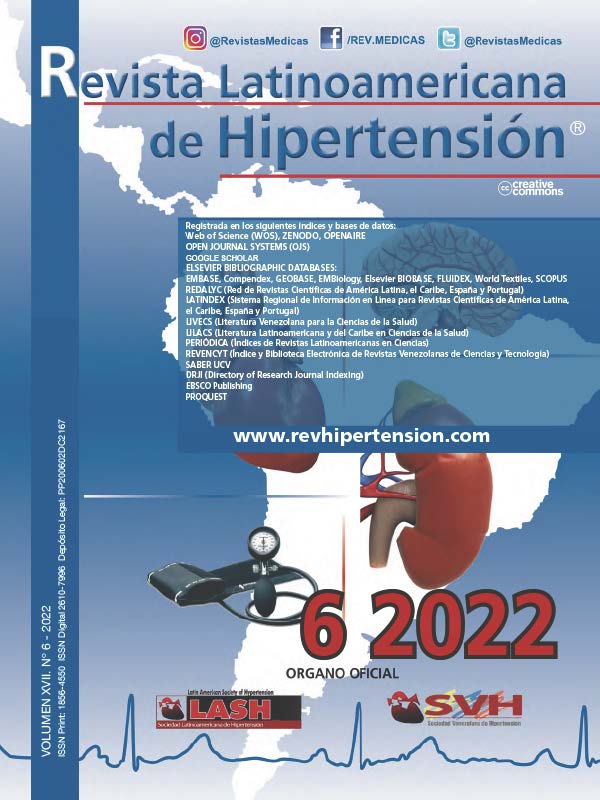Habits categorization from a dual model: A cardiovascular health contribution
Abstract
Cardiovascular disease is the leading cause of death in the world, being a medical condition that can be prevented by modifying lifestyle and habits. The concept of "habit" refers generically to the repetitive behaviors that shape a way of being, that can be modified voluntarily and that when learned in particular ways can increase the benefits for physical and mental health. When making a thorough review of this concept, medicine and psychology definitions referring to promotion physical and mental health are highlighted; however, a specific taxonomy with interdisciplinary consensus has not been reported, therefore, this narrative review seeks to conceptualize habits and their relationship with cardiovascular health from a review of scientific literature. Based on this model, we analyzed scientific literature in the Science Direct, National Center for Biotechnology Information and APA Psycnet databases, concluding an association between habits and cardiovascular health. From this model, an association between cardiovascular health and habits is concluded, especially habitual self-care behaviors such as sleep, organization, intake, and consumption without excess; while from the stimulation-enjoyment habits, benefits of physical activity, artistic expression, introspection-self-reflection and information-education were reported. The proposed taxonomy may be the starting point for future research that analyzes the role of each of the habits for the benefit of physical and mental health.

